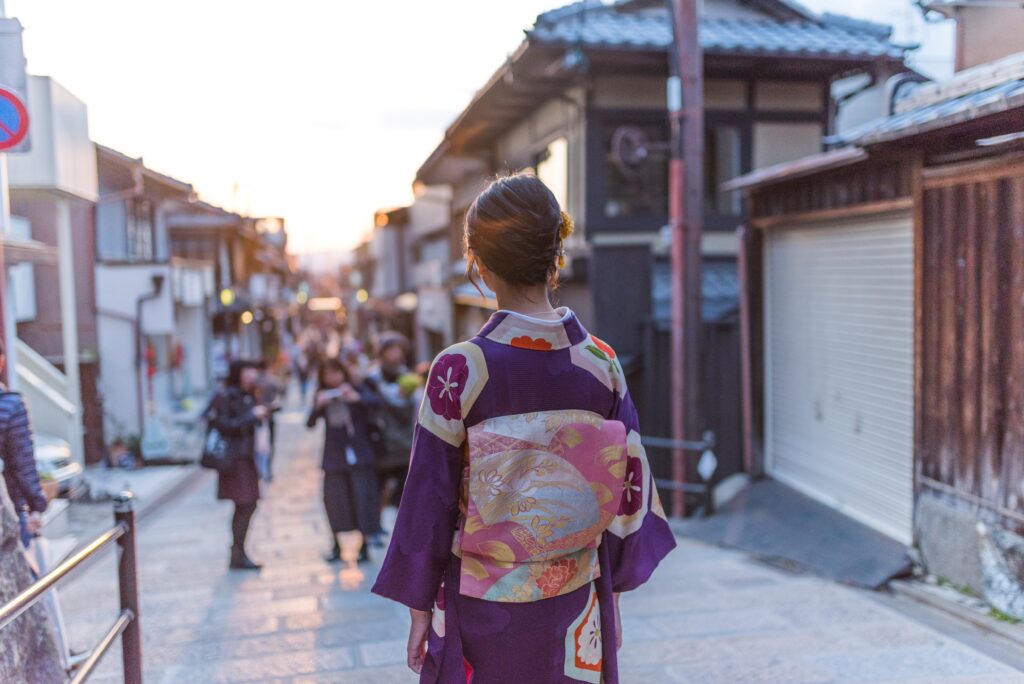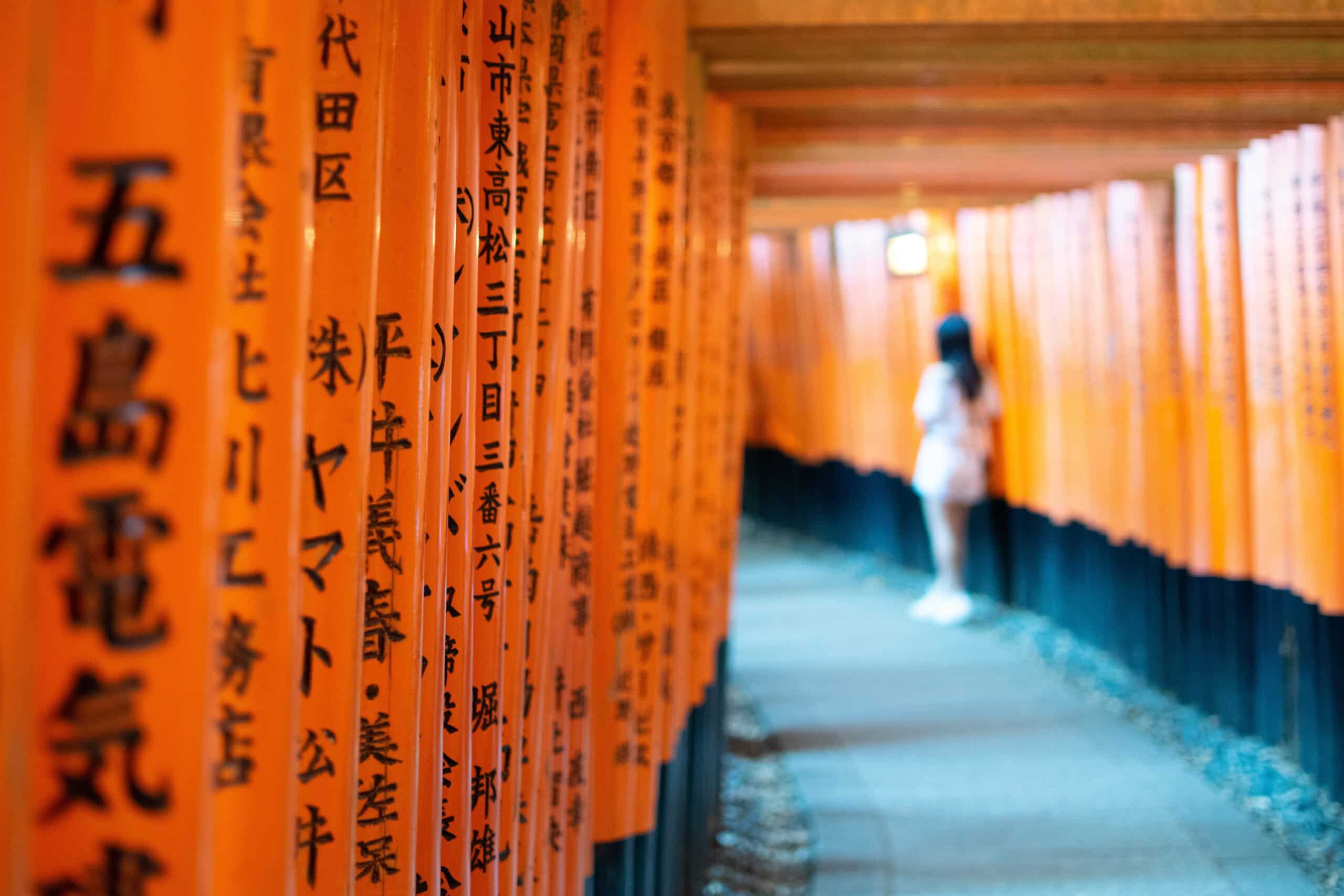The Japanese media define the phenomenon as a symptom of a drift of the new generations.
In popular culture, Japanese singles seemingly uninterested in finding romantic or sexual partners are called “herbivores,” and those who actively seek romantic partners are “carnivores.”
“This 'herbivorous' phenomenon, if it actually exists, has been the subject of heated debate for a decade now Japan, but nationally representative data is lacking,” says Dr. Peter Ueda, epidemiology expert and latest author of research published in PLOS ONE journal.
Millions more singles in Japan
The new analysis used data collected by National Fertility Survey of Japan, a questionnaire designed and implemented approximately every five years between 1987 and 2015 since Japanese National Institute of Population and Social Security Research.
Note: Japan has not yet equated marriage for same-sex couples to "traditional" marriage, and the survey therefore collected data only on heterosexual relationships.

The results
By 2015, there were 2,2 million more single Japanese women and 1,7 million more single men aged 18–39 than in 1992.
In 1992, 27,4% of women and 40,4% of men in Japan between 18 and 39 were single. In 2015, 40,7% of women and 50,8% of men of the same age group were single.
The hypothesis
The research team speculates that the higher number of single men could be due, on average, to women dating older men, men outside the age range studied.
Other contributing factors could be that Japan's total population between the ages of 18 and 39 includes more men. Therefore, men are more likely to date more than one partner.
Singles are more common in Japan than in the UK or USA
Separate surveys conducted between 2010 and 2018 in the UK, US and Japan reveal that although these three nations have similar proportions of single women aged 18 to 24, substantially more Japanese women remain single as the age progresses. 'age.
The proportion of women aged 18 to 24 and the proportion of women aged 35 to 39 who are currently single were 65,6% and 24,4% in Japan, 41,5% and 14,0% in Great Britain and 62,6% and 16,6% in the United States.
And the men?
The number of single men is higher in Japan than in the UK or the US, but less dramatically different than women.
Japanese single: Uninterested in a relationship now, tomorrow who knows
The steady increase in single Japanese since 1992 is mainly driven by a steady decrease in marriages.
Curiously, the number of people who describe themselves as "in a relationship" remains stable.
“After 30, you're either married or single. Very few people in the older age groups are unmarried and in a relationship. It is possible that the promotion of marriage as a more socially acceptable form of relationship between adults has built a barrier to the formation of romantic relationships in Japan,” he said Ueda.
In the 2015 survey, singles were asked whether or not they were interested in finding a relationship. Over half of all single people who claimed to be disinterested in relationships also said they still hope to get married eventually. Much over half. 62,9% of Japanese and 65,7% of single Japanese.
Employment and education increase the propensity for marriage
Among men, lower income is strongly associated with being single, although this is not necessarily causal.
The herbivore phenomenon may be partly a socioeconomic adversity. If the government directly addressed the problem of low-income and poorly educated citizens, I think that those with little job security or few financial resources might find themselves interested in relationships
Haruka Sakamoto, public health expert and co-author of the research.
And do we want to talk about Covid? I can only assume that the economic stress of the pandemic will lead to even fewer relationships in Japan. In the short term, and perhaps in the medium term.


